Total Intake 60
AI is an assemblage discipline that covers everything related to making machines more intelligent. Machine Learning (ML) is a subset of AI and is commonly used along with AI. ML refers to an AI system that gets smarter over time by the self-learn-based algorithm. This course introduces modern AI and ML with equal prominence on introductory concepts and applies them to real-world problems. The course will explore the foundation of modern AI and pay adequate attention to the current innovation in machine learning techniques such as deep learning. The course provides AIML knowledge through lectures, hands-on sessions, case studies, and real-world projects.
The offered course intends to enclose
On successful completion of AIML graduation students can choose specialization to pursue higher studies in domains like Expert Systems, Natural Language Processing, Neural Networks, Robotics, Fuzzy Logic Systems, etc. Many universities at Global, National and Local level offer specialized courses in M.S., M.Tech, M.E., MBA, and PG Diploma for AIML undergrads.
The course is a stepping stone to participate in digital India initiative by exploring and conducting research in AI based solutions in the domain of smart cities and Smart vehicles and many more.
Students with capitalist reflect can productizethe necessitate solutions in interdisciplinary domains.This course prepares students to explore domain such as Robotics, Expert Systems, Smarter and efficient solutions to the society in the domain of Healthcare, Agriculture etc.

Greetings!
It is a matter of immense pride to welcome you to the Department of Artificial Intelligence and Machine Learning at SIES Graduate School of Technology, Nerul. Our department is a vibrant center of modern learning, where students are empowered with cutting-edge knowledge to become innovators and leaders in the AI-driven world.
The AIML department is committed to nurturing the next generation of engineers through a curriculum that is both conceptually strong and industry relevant. We offer a deep foundation in core subjects like data structures, statistics, and algorithms, while simultaneously introducing students to advanced areas such as Machine Learning, Deep Learning, Natural Language Processing, Generative AI, Large Language Models (LLMs), and Explainable AI.
Our state-of-the-art laboratories and dedicated faculty foster experiential learning and real-world problem solving. We actively encourage students to engage in hands-on projects, internships, and research in areas like autonomous systems, computer vision, AI ethics, and multi-agent intelligence.
Strong collaborations with industry and startups ensure that our students remain future-ready in a world where AI is transforming every sector. We believe in building professionals who are not just technically sound but are also ethically grounded and socially aware.
We invite you to be part of this exciting journey of innovation and transformation.
With warm regards,
Dr. Varsha Patil
Head of the Department
Artificial Intelligence and Machine Learning
SIES Graduate School of Technology
Impart prime content education to develop technically proficient and socially responsible engineers in the emerging
branches of AI.
| Name | Employee/ Unique ID | Date of Joining | Designation | Qualification | Status of Appointment |
| Dr.Arundhati Das | 40601 | 09.07.2024 | Assistant Professor | B.E (CSE), M.Tech, Ph.D (CSE) | Full Time |
| Ms.Jasmin Hirani | 40604 | 01.08.2024 | Assistant Professor | B.E (EXTC), M.Tech (VLSI), Ph.D* | Full Time |
| Dr.Bhagyalakshmi | 40628 | 06.01.2025 | Assistant Professor | B.E (ECE), M.Tech (VLSI Design & Testing), Ph.D (Machine Learning & WSN) | Full Time |
| Ms.Sumedha Maindalkar | 40629 | 06.01.2025 | Assistant Professor | B.E (CE), M.E (CE) | Full Time |
| Ms.Ketki Martand Kausadikar | 40636 | 03.03.2025 | Assistant Professor | B.E (EXTC), M.E (EXTC) | Full Time |
| Ms.Pranita Joshi | 01.07.2025 | Assistant Professor | B.E (CE), M.Tech (CE) | Full Time | |
| Ms.Gilu K Abraham | 01.08.2025 | Assistant Professor | B.Tech (ECE), M.Tech (Comm. Engg) | Full Time | |
| Mr.Jegan Nadar | 18.08.2025 | Assistant Professor | B.E (IT), M.S (CS) | Full Time |
| Name | Designation |
| Ms.Priya Waghode | Lab Assistant |
| Prasad Tambe | Lab Attendant |
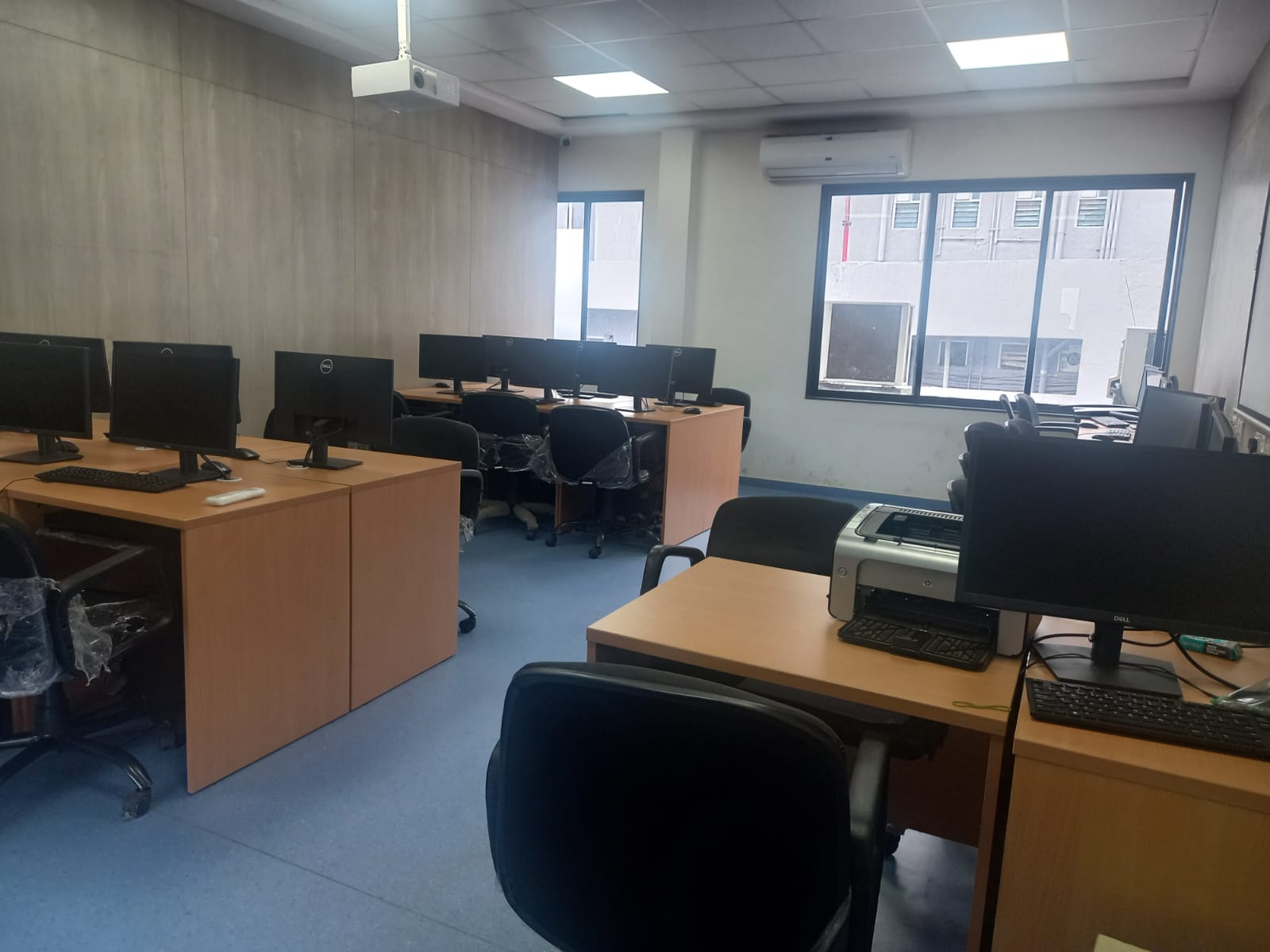 AI & ML Lab
AI & ML Lab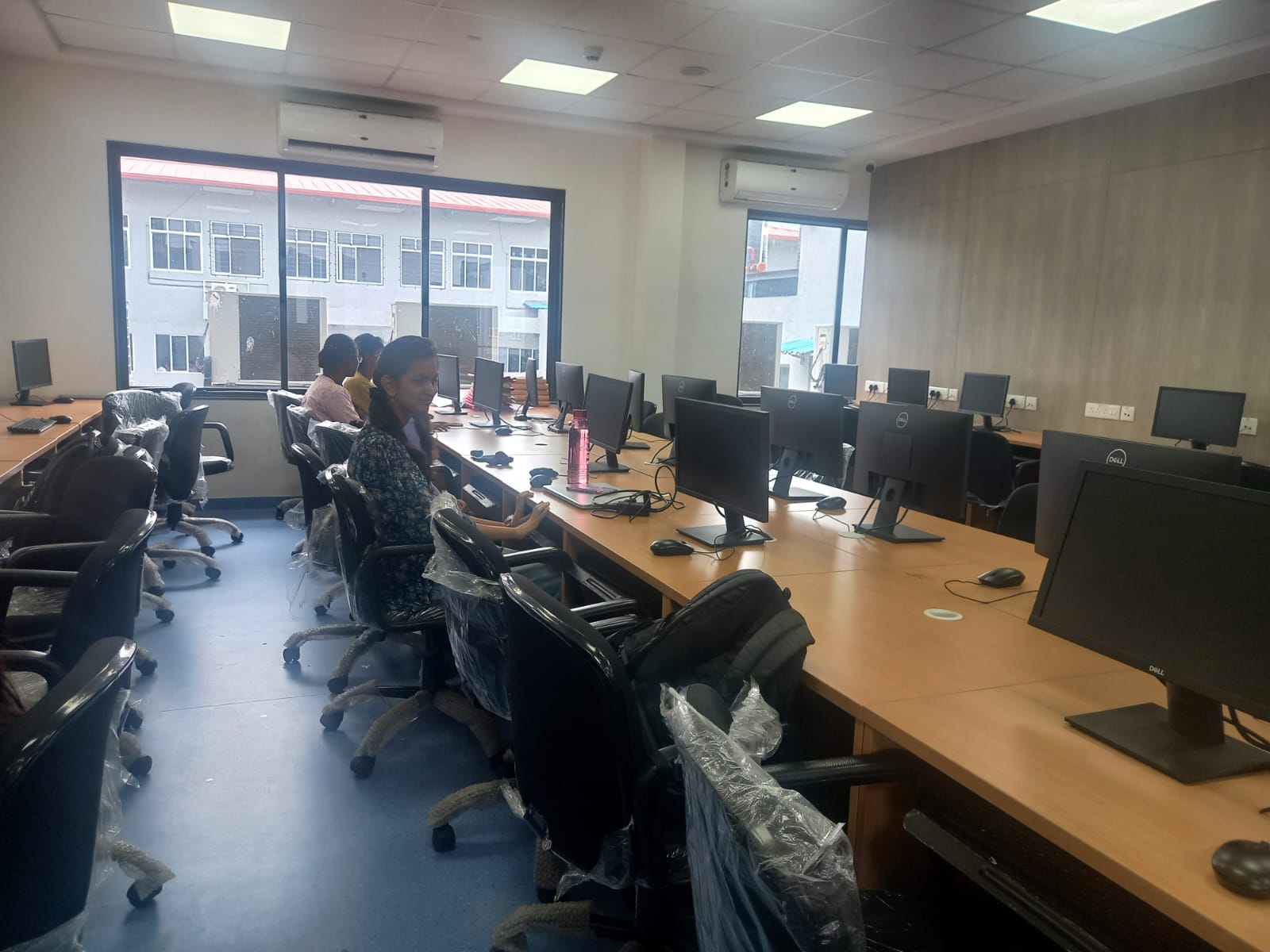 Data Analytics Lab
Data Analytics Lab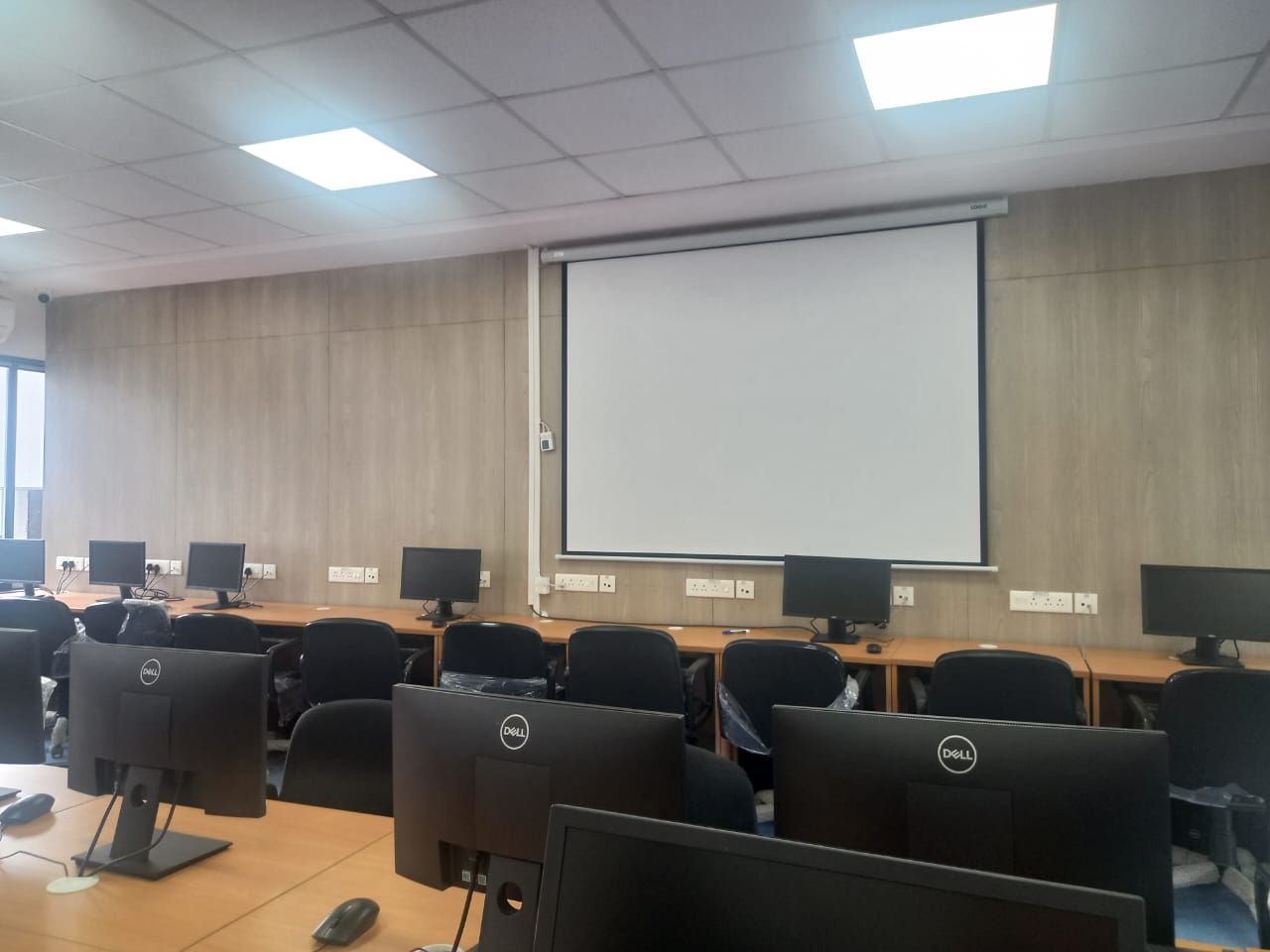 NLP & Gen AI Lab
NLP & Gen AI Lab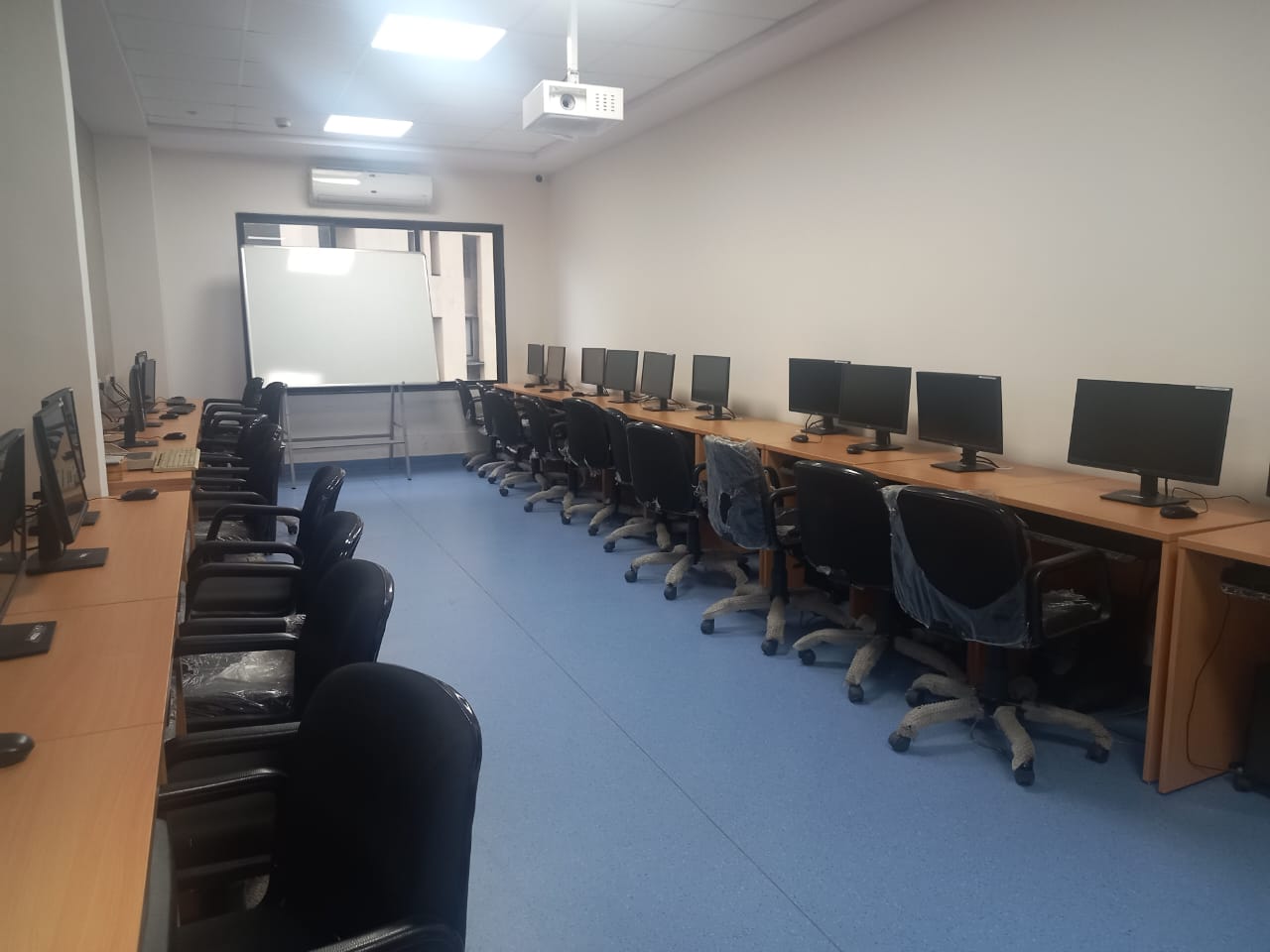 Programming Lab
Programming Lab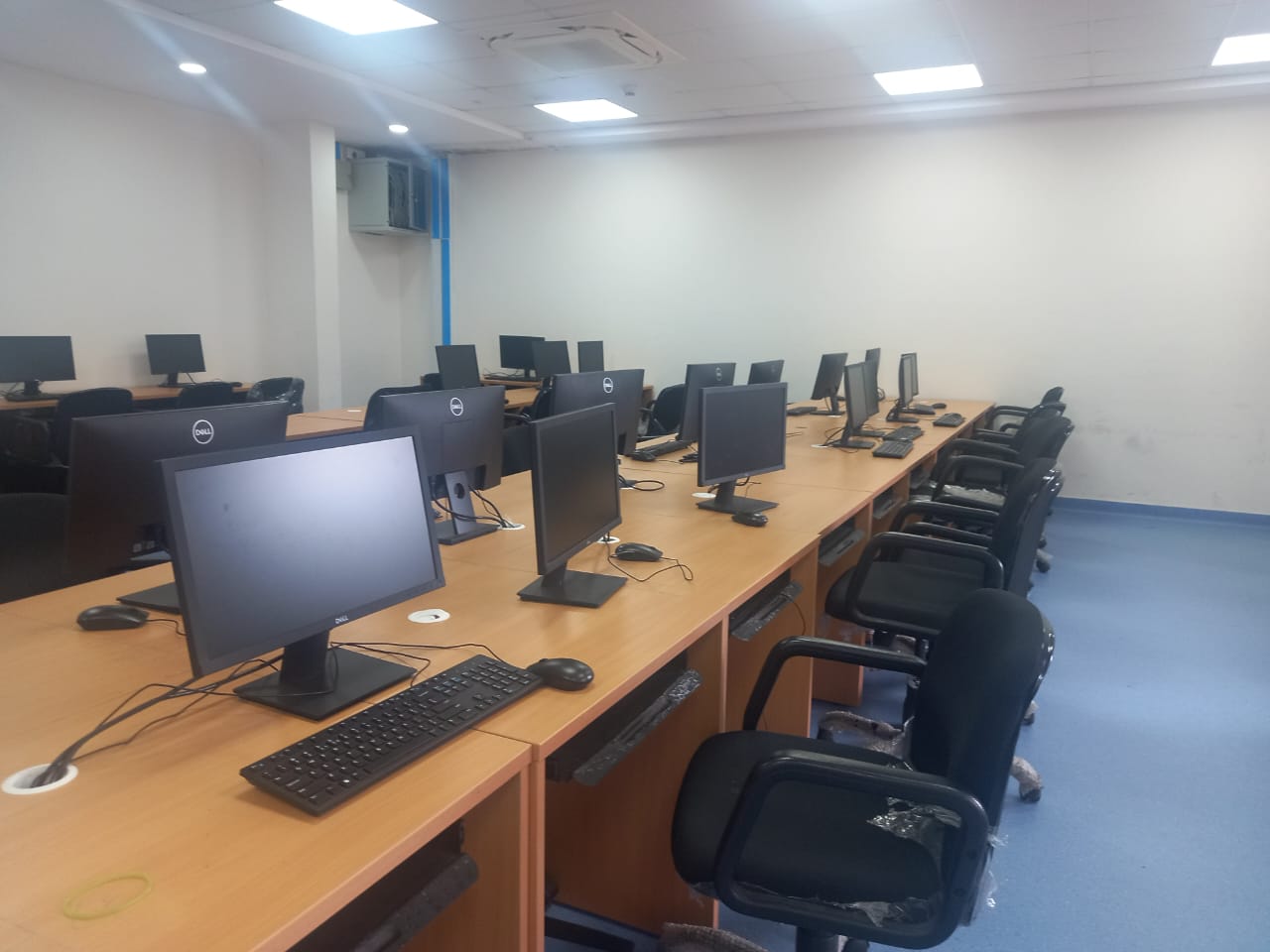 Project Lab
Project Lab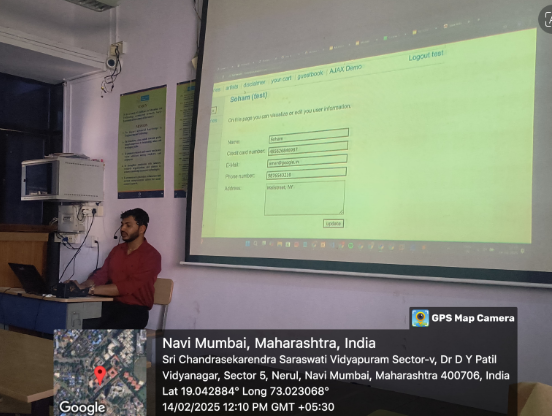
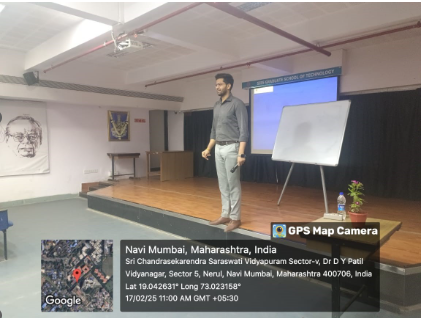
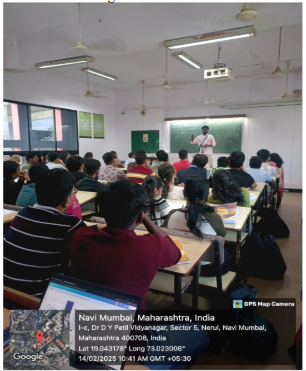
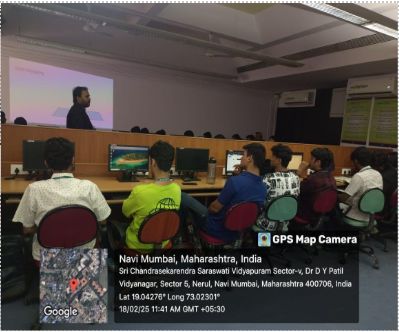
 Ask your queries
Ask your queries
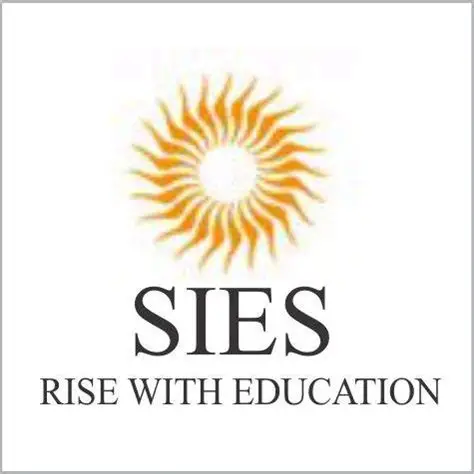 GST Chatbot
GST Chatbot